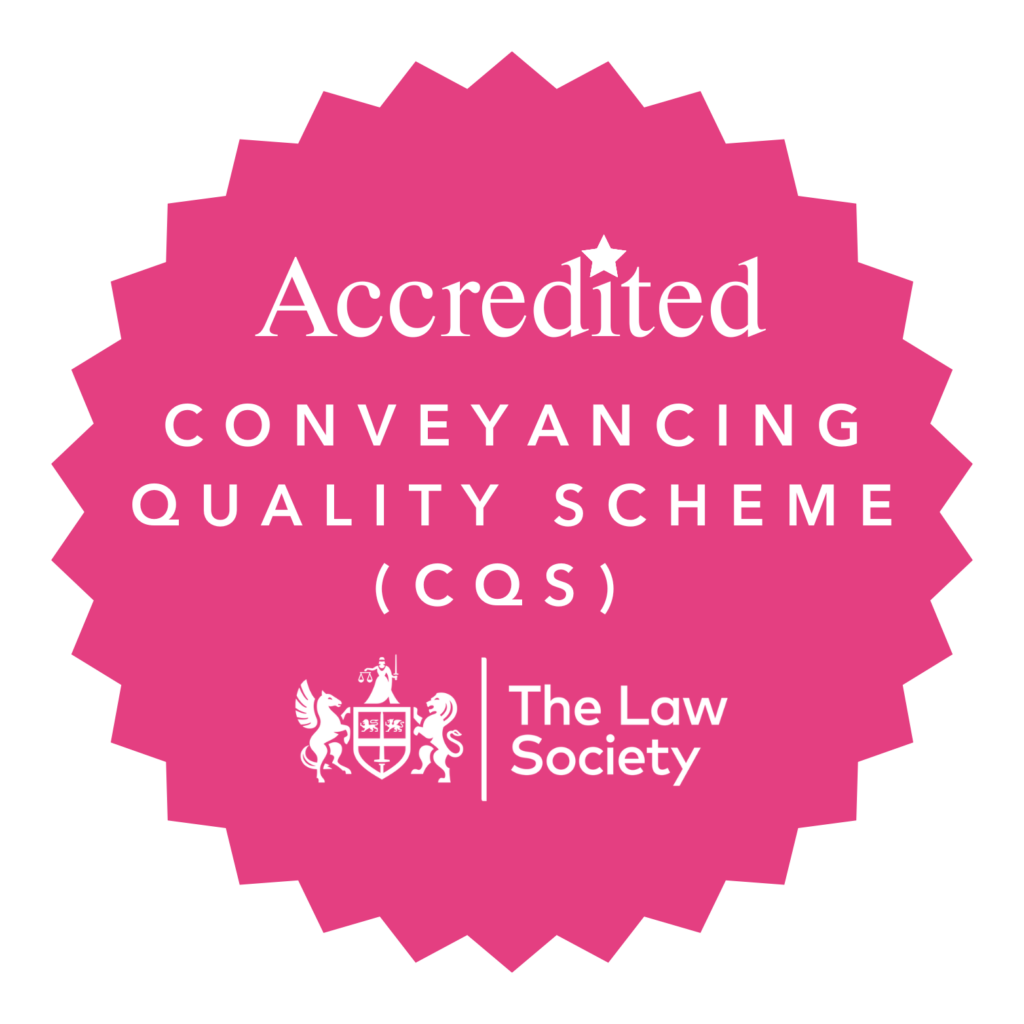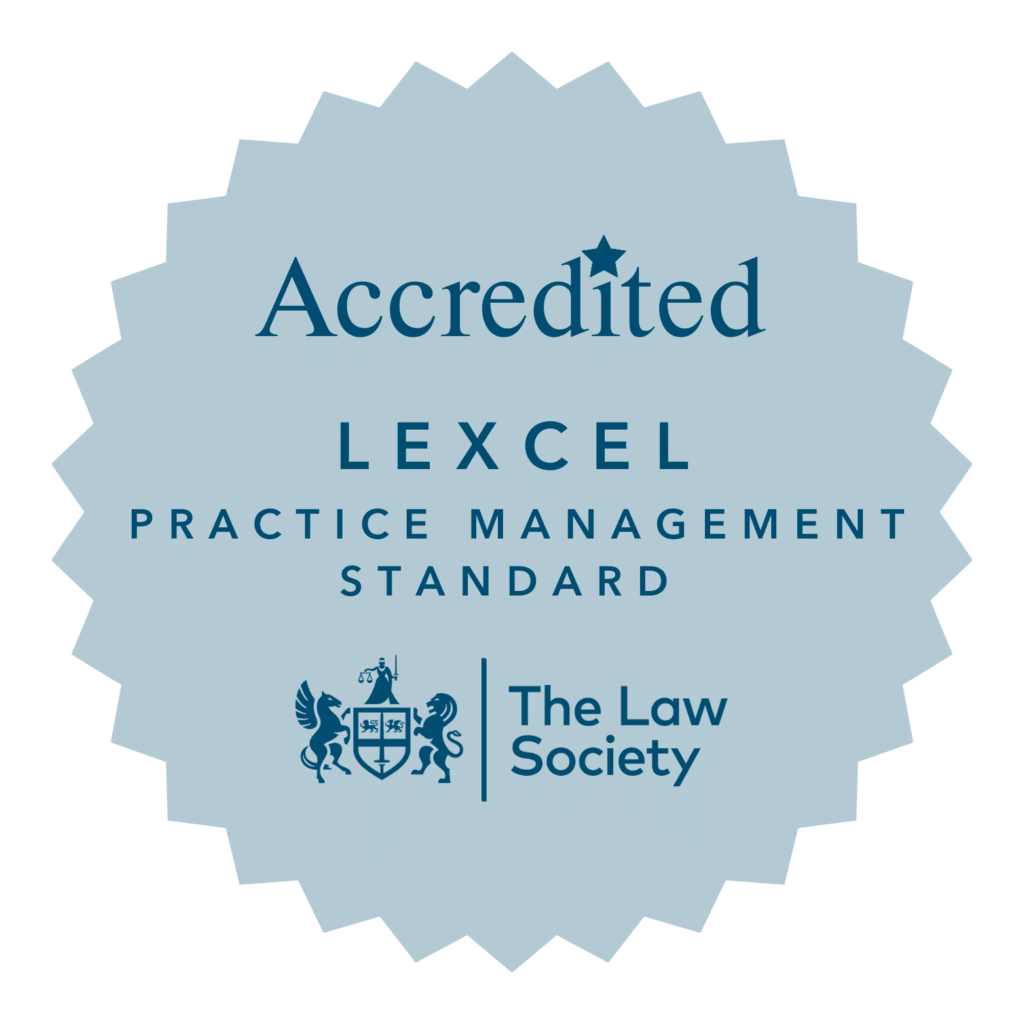If you have a legal issue, personal or business-related, then professional advice and support becomes paramount. However, with many solicitors in London that offer an array of different services, how do you choose the right one for your specific legal needs? Choosing the right solicitor is very daunting, more so when the situation calls for them to understand your problem and to have the relevant expertise in that area. In this blog, we will explore how to choose the right solicitor in London, offering practical advice to guide you through the decision-making process.
Knowing the importance of a good solicitor
It’s not about getting somebody who has qualifications on paper; it’s about finding a legal professional who is trustworthy and experienced and can represent your interests. A good solicitor can give you not only legal advice but also emotional support during a stressful period. They can interpret complex legal terminology in ways that make perfect sense, help navigate one’s way through law, and legally advocate for you.
However, the range of legal services one can avail in London leaves one bewildered. This calls for limiting your options based on your needs and making a specific choice.
Step 1: Identify Your Legal Needs
Before you start searching for a solicitor, it’s essential to identify the type of legal issue you need help with. You then will be able to find solicitors easily who have experience in the area of law you need help with.
Step 2: Find Solicitors Who Have Expertise in Your Area of Law
Once you have narrowed down the type of solicitor you require, start looking for professionals who specialize in that area of law. Try to look for solicitors or firms who have an excellent track record and are experienced in cases similar to yours. There are many websites, for example, the Law Society’s ‘Find a Solicitor’ tool, or legal directories such as Chambers and Partners or Legal 500, which list solicitors by area of expertise and location. These platforms can help you find solicitors with high recommendations and positive client reviews. Many solicitors provide detailed information about their services, areas of specialization, and client testimonials on their websites. This will give you a good idea of whether they might be a good fit for your needs. The Law Society’s accreditation can be used as an indicator of quality. While online reviews should be taken with a pinch of salt, they can give you a sense of a solicitor’s reputation and customer service.
Step 3: Experience and Reputation of the Solicitor
In a city as vast and competitive as London, solicitors come in all shapes and sizes, from large prestigious firms to smaller boutique practices. It’s important to look for a solicitor who not only has experience in the area of law you need but also has a strong reputation. Here are some questions to ask:
- How long have they been practicing in your area of law?
- Have they handled cases like yours before?
- Do they have a good track record in achieving successful outcomes for their clients?
Experience doesn’t just mean how many years a solicitor has been in practice, but how well they know the intricacies of the law and the courts in London. Some solicitors may specialize in high-value or complex cases, while others may have experience with more straightforward matters.
Also, consider if you feel comfortable with their approach. Some solicitors might be more aggressive in their tactics, while others may focus on negotiation or mediation. It’s important that you align with their approach to ensure they represent your interests effectively.
Step 4: Consider Location and Accessibility
London is a massive city and another factor to consider is finding a solicitor in a convenient location. While some people prefer finding a solicitor close to where they live, others might choose a solicitor in a central location, especially if the matter is complex or requires specialist knowledge available in a particular part of London.
Accessibility isn’t just about location. Consider how easy it is to contact the solicitor and their team. Accessibility also extends to communication – a good solicitor should be able to explain legal matters clearly and be available to answer your questions without delay.
Step 5: Understand the Costs and Payment Structure
One of the most important aspects to consider when choosing a solicitor is the cost of their services. The levels of legal fees will depend on complexity of the matters and by the experience of the solicitor. Many solicitors charge by the hour, but some offer fixed fees for specific services. You ought to understand how the solicitor plans on collecting money, in addition to what the structures involved in his fee. In general, any solicitor is expected to give you some form of cost estimate prior to proceeding. A reputable solicitor should discuss fees and give an estimate of what is expected. Ask about hidden costs or any other charges that could be added along the way with your case.
You want a solicitor whose charges are within your budget, but know that good legal representation often costs money. Do not select a solicitor based on the price – the cheapest is not always the best, especially when dealing with complicated legal matters.
Step 6: Personal Compatibility and Trust
Legal matters can be very emotional too, so you have to find a solicitor you feel comfortable working with and trust. You will spend weeks or months working with them so they should be willing to understand your situation and listen to what you have to say. If you feel rushed or even ignored, that may be an indication that they are not right for you.
Step 7: Book a Consultation
Once you’ve narrowed down your options, it’s time to meet with potential solicitors. Many firms offer a free initial consultation or a fixed-fee consultation, which can help you gauge whether the solicitor is a good fit for you.
During this consultation, you should:
• Ask about the solicitor’s experience with your type of case.
• Inquire about their approach to handling your case.
• Discuss their fees and get a clearer idea of costs.
• Gauge whether you feel comfortable working with them.
The consultation will help you get a better sense of the solicitor’s personality, professionalism, and competence, which are all crucial factors when making your decision.
Conclusion
Choosing the right solicitor in London is not a decision to be taken lightly. It’s essential to take the time to research, understand your legal needs, and consider all the factors mentioned above. While the process might seem daunting, with the right approach, you can find a solicitor who will guide you through the legal process and help you achieve the best possible outcome for your case.
By doing your homework, asking the right questions, and trusting your instincts, you’ll increase your chances of finding the right solicitor for your legal needs in London.




